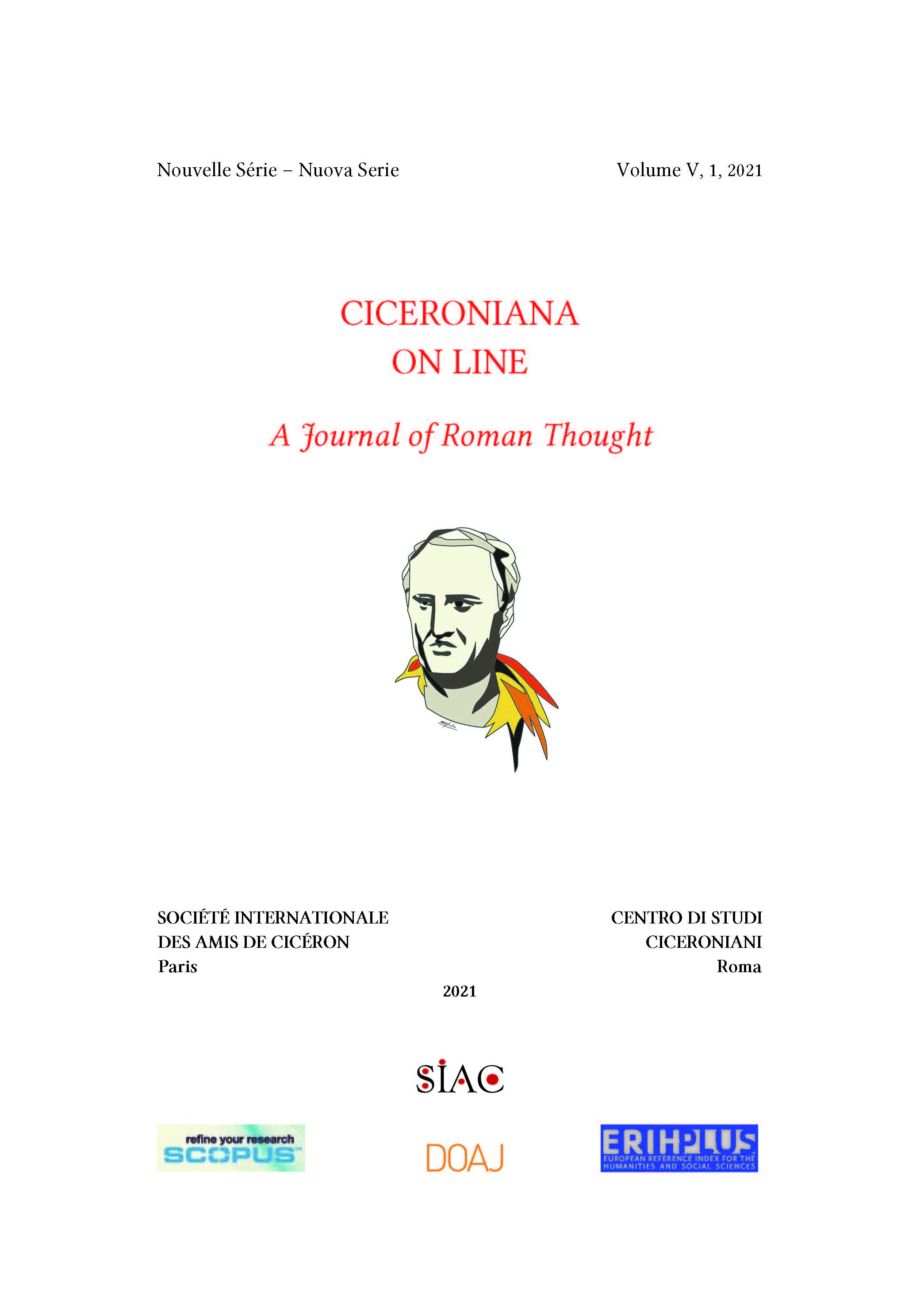Spreadsheets as a Complementary Tool in Textual Criticism
An Example from Cicero
DOI:
https://doi.org/10.13135/2532-5353/5950Abstract
Since the first electronic calculators were invented, philology has come to exploit the enormous potential of calculation for simplifying its studies and above all for speeding up the collation of manuscripts. In this way, table systems, automatic collation and statistical calculation software were experimented by applying techniques already used for medical studies. However, many of these systems present some difficulties for a user with a limited knowledge of the world of informatics, because often their functionality is based on computer programming languages, or they require the entire transcription of the text(s) that leads to a not insignificant expenditure of time. In order to combine the philologist’s computing needs and to make the use of IT tools easier even for the less experienced scholars, A system of collation that exploits the potential of spreadsheets (e.g. Microsoft Excel, OpenOfficeCalc etc.) is proposed. Such a system is not limited further by the creation alone of tables with textual contents. Instead, the textual data is exploited when converted into numerical data for orienting the appropriate studies, succeeding in processing thousands of data points in few steps and greatly simplifying collation and stemmatic reconstruction. This study is an introduction to a system that will be expanded with additional tools and deepened in forthcoming publications.
Downloads
Downloads
Published
How to Cite
Issue
Section
License
Authors who publish with this journal agree to the following terms:
- Authors retain copyright and grant the journal right of first publication with the work simultaneously licensed under a Creative Commons Attribution License that allows others to share the work with an acknowledgement of the work's authorship and initial publication in this journal.
- Authors are able to enter into separate, additional contractual arrangements for the non-exclusive distribution of the journal's published version of the work (e.g., post it to an institutional repository or publish it in a book), with an acknowledgement of its initial publication in this journal.


 Ciceroniana On Line is recognised by ANVUR (the National Agency for the Evaluation of the University System and Research) as a CLASS A journal for the Sciences of Antiquity, Philology, Literature and History of Art (
Ciceroniana On Line is recognised by ANVUR (the National Agency for the Evaluation of the University System and Research) as a CLASS A journal for the Sciences of Antiquity, Philology, Literature and History of Art ( The journal is included in DOAJ. The DOAJ listing of the journals is available at
The journal is included in DOAJ. The DOAJ listing of the journals is available at  The journal is indexed in
The journal is indexed in  The journal has been included in ERIH PLUS. The ERIH PLUS listing of the journals is available at
The journal has been included in ERIH PLUS. The ERIH PLUS listing of the journals is available at 

